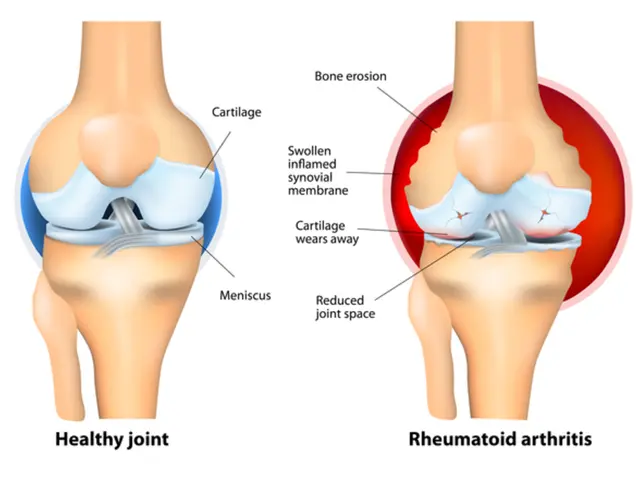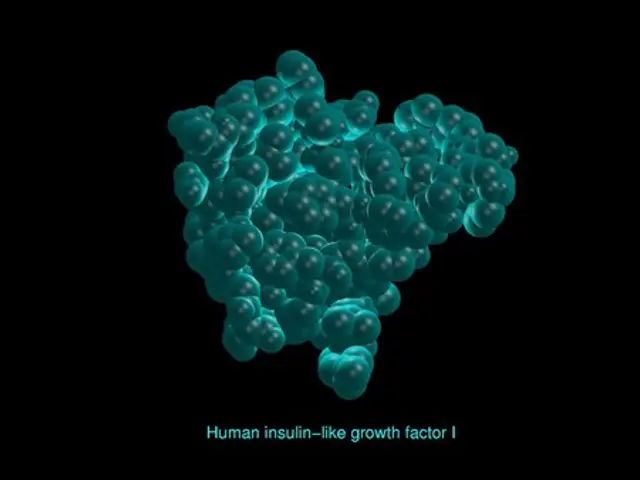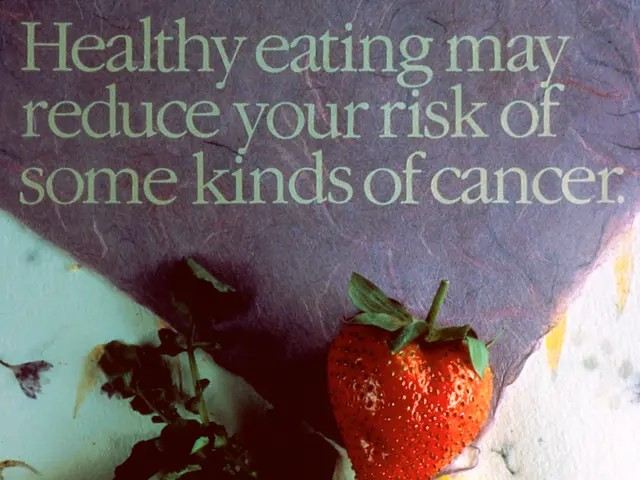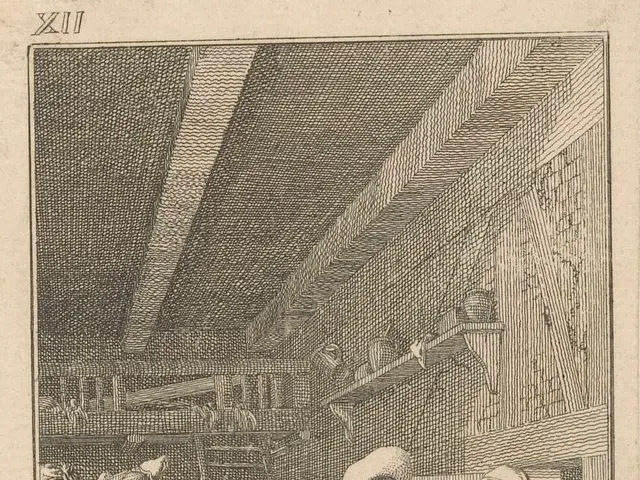Enhanced Cancer Risk in Mice Found Due to Presence of Sugar Molecule in Red Meat
Meat and Cancer: A Troubling Link Unveiled
Ever wondered if that juicy steak on your plate could be stealthily fueling cancer growth? A groundbreaking study from the University of California, San Diego (UCSD) suggests it just might.
Researchers have uncovered a mysterious sugar molecule—Neu5Gc—as the potential villain lurking in your red meat, linked to an increased cancer risk. Here's the lowdown on this sugar molecule, and what it means for your diet.
Neu5Gc, or N-glycolylneuraminate, is found in abundance in red meat and other mammalian tissues. A bizarre twist? Humans don't naturally produce it. When we consume Neu5Gc, it can accumulate in our tissues and trigger an immune response, leading to chronic inflammation. This chronic inflammation, over time, could contribute to cancer development, particularly colorectal cancer.
In a game-changing study recently published in the Proceedings of the National Academy of Sciences, the researchers put their theory to the test using genetically modified mice. These mice, mimicking human biology, were devoid of Neu5Gc. When they were subsequently fed Neu5Gc, they displayed sharp increases in inflammation and tumor growth.
Lead researcher Ajit Varki from UCSD explained, "This is the first time we have directly shown that mimicking the exact situation in humans—involving non-human Neu5Gc consumption and anti-Neu5Gc antibody activation—leads to an increase in spontaneous cancers in mice."
Let's dive deeper into the plot: mice that consumed Neu5Gc were five times more likely to develop tumors compared to those that did not. The sugar molecule, a foreign invader to the mice's bodies, apparently created an environment ripe for cancer growth.
The Neu5Gc theory upends the conventional wisdom on the red meat-cancer connection. Critics contend that wild carnivorous animals, such as lions and tigers, consume meat their entire lives without an increased cancer risk. The Neu5Gc theory challenges this line of reasoning: unlike humans, carnivorous animals produce Neu5Gc naturally, minimizing immune reactions.
This discovery proposes a new and potentially more significant factor in the red meat-cancer debate: a biological incompatibility between Neu5Gc and human physiology. While previous research has focused on saturated fats and cooking methods as potential culprits, this study posits a new factor, one that could significantly alter our dietary choices.
So, what's a burger lover to do? Despite the longstanding debates, "moderation is key," asserts the World Health Organization. Cutting back on red meat, particularly processed meats like bacon and sausages, while upping your intake of fruits, vegetables, omega-3 fatty acids, and lean proteins is your best bet. Opt for cooking methods that minimize the formation of carcinogenic compounds, such as grilling and frying, and lean more towards fish, poultry, and plant-based protein sources.
While the red meat-cancer debate rages on, one thing remains clear: educational dietary choices today can help steer clear of health issues tomorrow. Need more guidance? Check out Cancer Council Australia's Position Statement on Meat and Cancer Prevention for additional insights into the science of nutrition and disease prevention.
The groundbreaking study at the University of California, San Diego indicates that the consumption of Neu5Gc, a sugar molecule found in red meat, may lead to an increased risk of cancer, particularly colorectal cancer, due to chronic inflammation and potential immune responses. While the red meat-cancer debate continues, it is advisable to practice moderation, focusing on a diet rich in fruits, vegetables, omega-3 fatty acids, and lean proteins, while reducing processed meat intake and adopting cooking methods that minimize carcinogenic compound formation.







